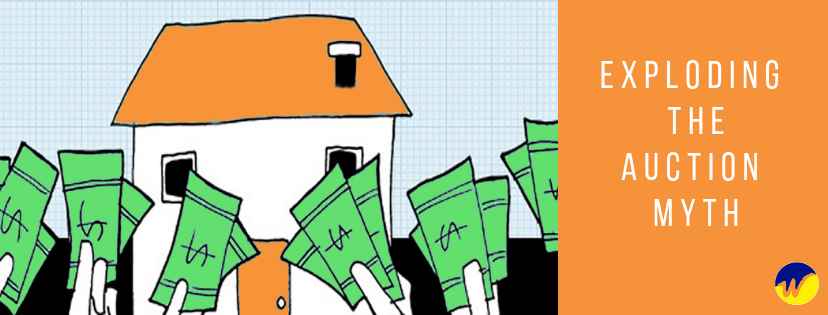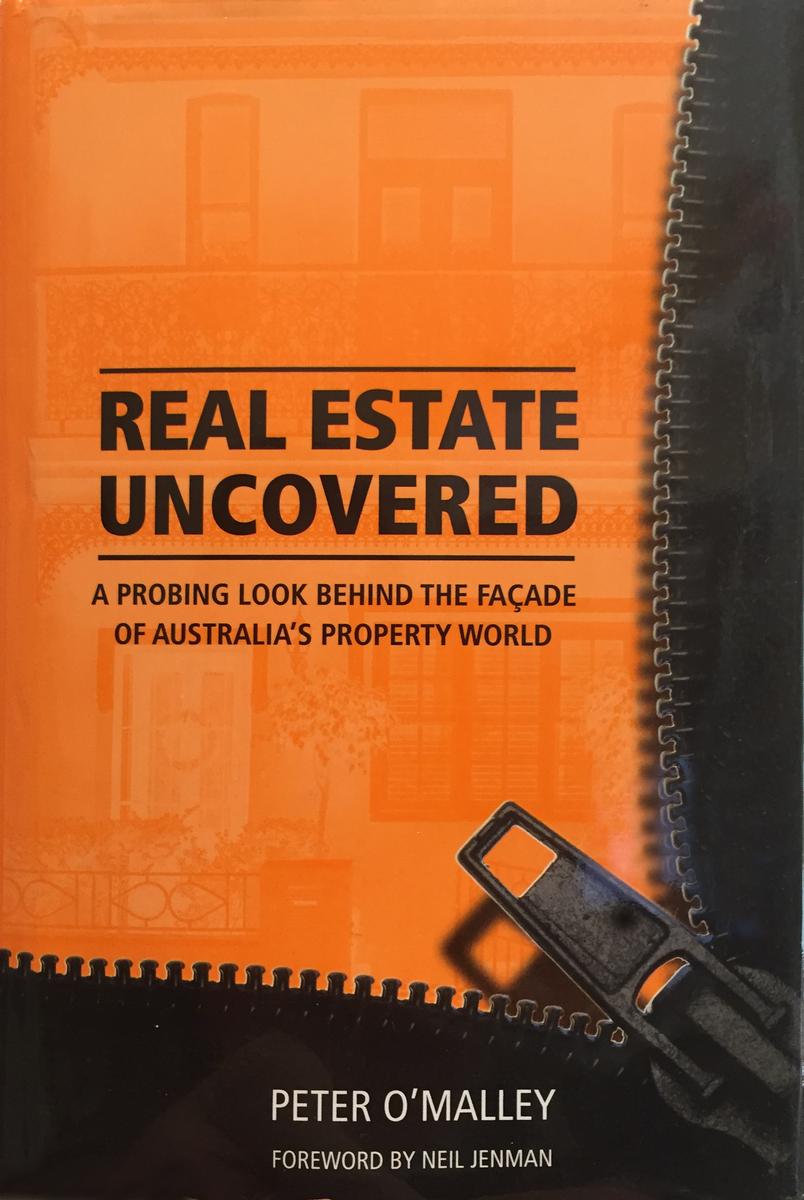
It is a long-held myth that public auctions outperform
controlled negotiations as a selling method. Sure, on
very rare occasions when there is a bidding frenzy in a
strong market and two or more buyers are determined
not to be outbid for the property, a stunning price in
excess of the expectations may be achieved.
Could a better result have been achieved with less
stress and risk though? Almost certainly, yes.
Whenever you have the fortunate situation of having
more than one buyer trying to buy your home, the worst
thing an agent can do is disclose the competing offers
to each of the interested buyers. If you do, the buyers
bids then become incremental, whereby a buyers next
bid is governed by the previous buyers last bid.
At public auctions, each bidder’s focus is on outbidding
the competing buyers with bids of $1000 or $5000. As
the reserve price is met, buyers minimise their bids as
opposed to offering the highest price they are prepared
to pay for the property.
Merely selling to the highest bidder, as opposed to
selling to a buyer who offers their highest walk away
price, is why almost all auctions fail to achieve the best
price possible for home sellers.
For example, if one buyer is prepared to pay $1.1 million
to buy your home and the under-bidder is only prepared
to pay $1 million, it is mathematically impossible for a
public auction to attain the best price by drawing the
additional $100,000 from the winning bidder. It might
draw $5000 or even $10,000 extra, but that will be it.
The seller missed out on $90,000 because the auction’s
bidding process failed them.
In today’s turbulent market, many agents push the
auction process as the best method of finding out the
true market value of your home.
In reality, an auction achieves the second best price
plus one bid. A public auction that achieves a sale under
the hammer will stall at the underbidder’s highest price.
In effect this leaves the best buyer in a position to buy
the home with a measly $1000 bid. Gallingly, even
though they were prepared to bid significantly more,
if required.
Home sellers are told the auction deadline will pressure
buyers into offering more. However, as the auction
EXPLODING THE AUCTION MYTH
deadline draws closer, the pressure is often transferred
back onto the seller by the agent. They pressure their
vendor to drop their reserve price. Agents call it ‘meeting
the market’.
This especially damages the price of your home if the
property is passed in because of a bargain hunter’s low
bidding on auction day. Any chance of a high price is
destroyed when your home is passed in for a low price,
in front of a big crowd. The best buyers in the market
place will wonder what is wrong with your home given
it failed to sell on the big day.
Further evidence that auctions don’t attract the best
price can be found in the success many vendors
achieve by passing their home in and holding out for a
higher price. It is extremely common for a property to
be passed in at auction, only to sell for a higher price a
week or two after the auction.

BOOK GIVEAWAY
‘Exploding the auction myth’ is Chapter 33 of Real
Estate Uncovered by Peter O’Malley.
We have 20 complimentary copies of the book for
those looking to sell smarter in 2024. To receive your
copy, simply contact us on (08) 8272 9277